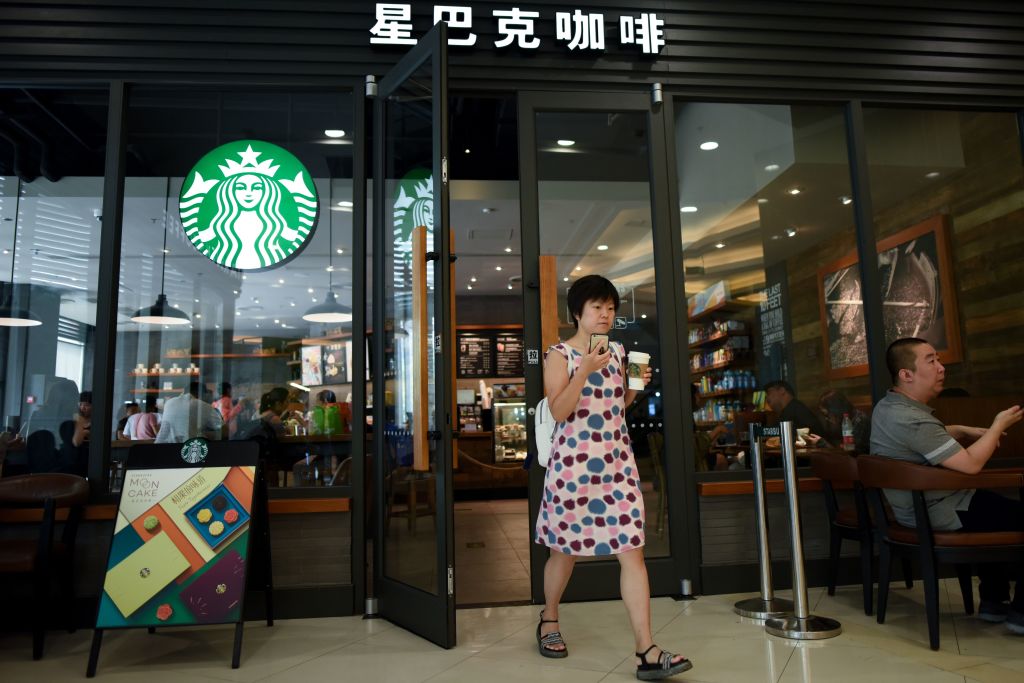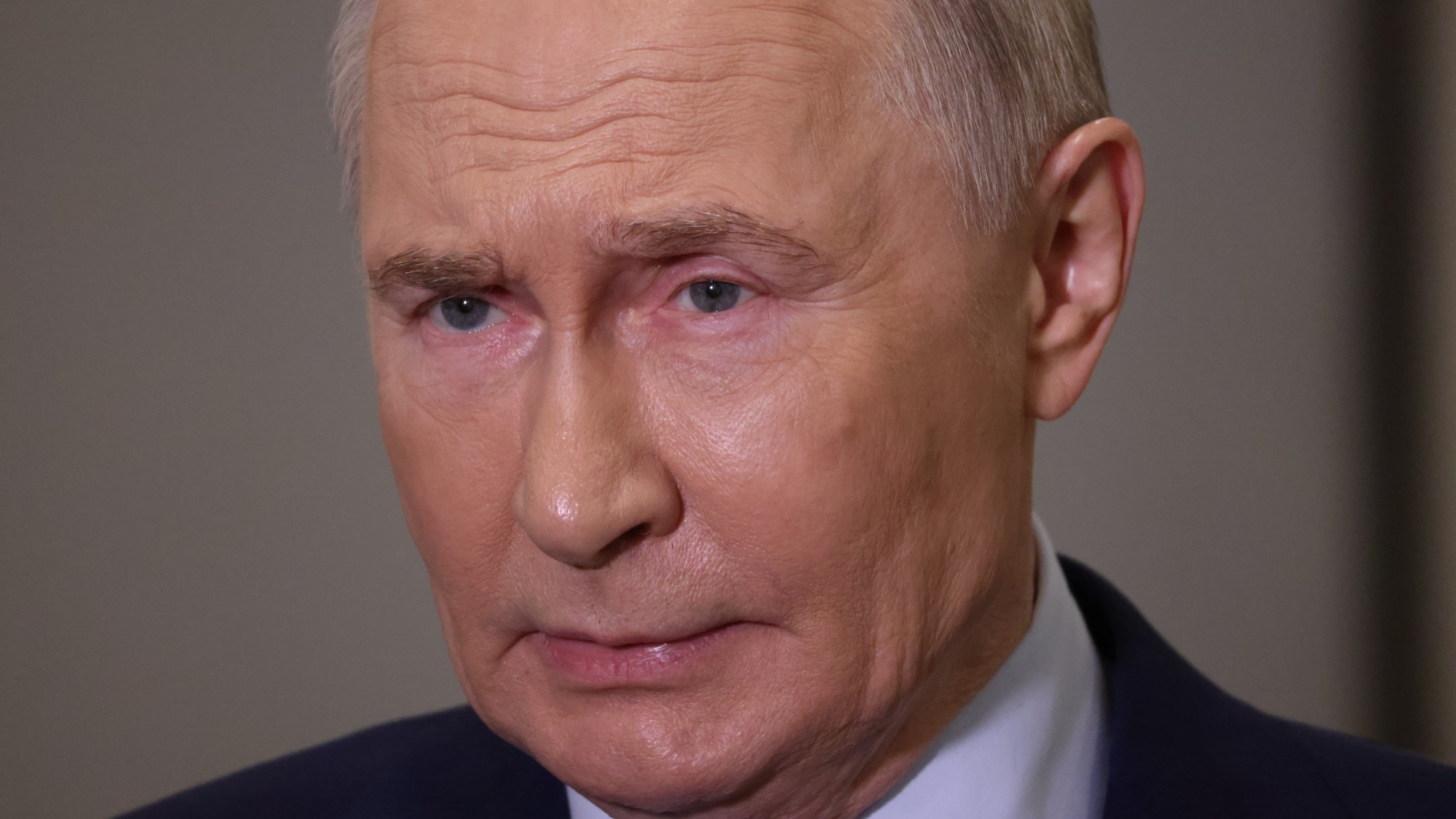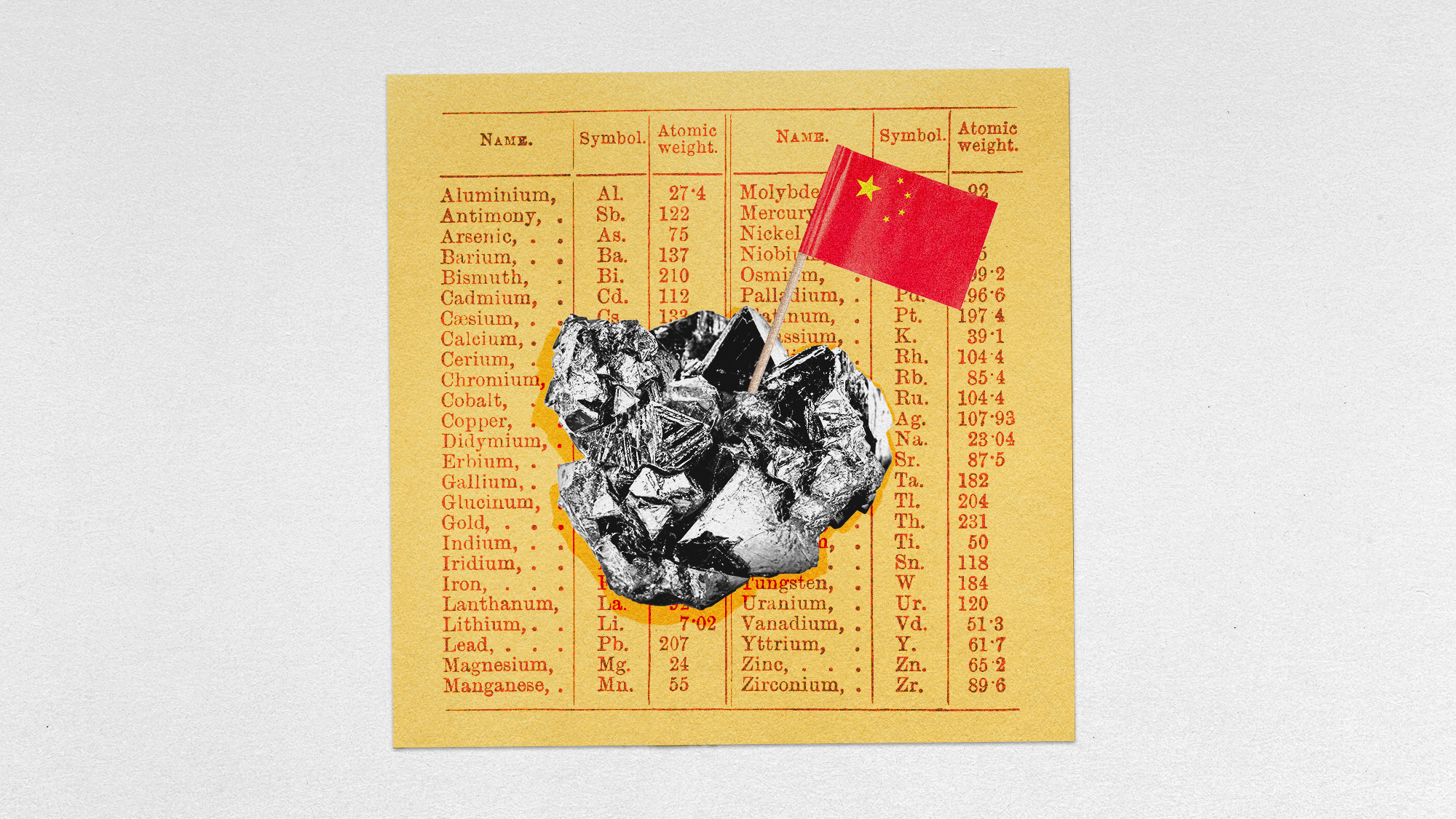Starbucks angers consumers in China with latest price hike, alleged police incident


A free daily email with the biggest news stories of the day – and the best features from TheWeek.com
You are now subscribed
Your newsletter sign-up was successful
Starbucks has found itself in hot water in China after an increase in prices "sparked an online uproar," The Wall Street Journal reports. It's just the latest setback for the major corporation in its "largest market outside of the U.S."
On Wednesday, Starbucks announced it had raised the price of certain food and beverages in China by 1-2 yuan (about 16-32 cents) for the first time in over three years, the Journal writes. The Chinese price hike follows increases in the U.S., as well.
Some users on Weibo, a Chinese social media platform, urged consumers to boycott the chain, with others claiming they'd instead opt for cheaper local brands. "There are so many coffee shops in China sourcing beans from all over the world. Why does one have to stick with Starbucks?" said one user, per the Journal.
The Week
Escape your echo chamber. Get the facts behind the news, plus analysis from multiple perspectives.

Sign up for The Week's Free Newsletters
From our morning news briefing to a weekly Good News Newsletter, get the best of The Week delivered directly to your inbox.
From our morning news briefing to a weekly Good News Newsletter, get the best of The Week delivered directly to your inbox.
The beverage giant's controversial decision also unfortunately coincided with a recent scandal "in which staff from one branch reportedly drove away police officers eating at the store's outside dining area." Starbucks denies any such expulsion.
"In perfect hindsight, Starbucks should have waited before announcing the price increase," said consulting firm AgencyChina's Michael Norris.
The outcry against Starbucks "highlights a mix of challenges that foreign businesses increasingly face in the country: A rise of nationalistic sentiment among some consumers and fierce competition from up-and-coming local rivals."
On Thursday, the coffee company said the price hike was attributable to many factors, including operating costs. The increase might also serve as "a litmus test of tolerance for higher costs among consumers in the world's second-largest economy," where, unlike the U.S., "consumer inflation has barely budged" since COVID hit, the Journal posits.
A free daily email with the biggest news stories of the day – and the best features from TheWeek.com
Read more at The Wall Street Journal.
Brigid Kennedy worked at The Week from 2021 to 2023 as a staff writer, junior editor and then story editor, with an interest in U.S. politics, the economy and the music industry.
-
 Minnesota's legal system buckles under Trump's ICE surge
Minnesota's legal system buckles under Trump's ICE surgeIN THE SPOTLIGHT Mass arrests and chaotic administration have pushed Twin Cities courts to the brink as lawyers and judges alike struggle to keep pace with ICE’s activity
-
 Big-time money squabbles: the conflict over California’s proposed billionaire tax
Big-time money squabbles: the conflict over California’s proposed billionaire taxTalking Points Californians worth more than $1.1 billion would pay a one-time 5% tax
-
 ‘The West needs people’
‘The West needs people’Instant Opinion Opinion, comment and editorials of the day
-
 TikTok secures deal to remain in US
TikTok secures deal to remain in USSpeed Read ByteDance will form a US version of the popular video-sharing platform
-
 Unemployment rate ticks up amid fall job losses
Unemployment rate ticks up amid fall job lossesSpeed Read Data released by the Commerce Department indicates ‘one of the weakest American labor markets in years’
-
 How will China’s $1 trillion trade surplus change the world economy?
How will China’s $1 trillion trade surplus change the world economy?Today’s Big Question Europe may impose its own tariffs
-
 Shein in Paris: has the fashion capital surrendered its soul?
Shein in Paris: has the fashion capital surrendered its soul?Talking Point Despite France’s ‘virtuous rhetoric’, the nation is ‘renting out its soul to Chinese algorithms’
-
 US mints final penny after 232-year run
US mints final penny after 232-year runSpeed Read Production of the one-cent coin has ended
-
 Will latest Russian sanctions finally break Putin’s resolve?
Will latest Russian sanctions finally break Putin’s resolve?Today's Big Question New restrictions have been described as a ‘punch to the gut of Moscow’s war economy’
-
 Warner Bros. explores sale amid Paramount bids
Warner Bros. explores sale amid Paramount bidsSpeed Read The media giant, home to HBO and DC Studios, has received interest from multiple buying parties
-
 China’s rare earth controls
China’s rare earth controlsThe Explainer Beijing has shocked Washington with export restrictions on minerals used in most electronics
